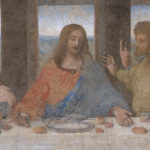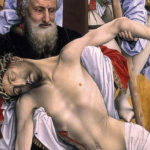
Always pressing mankind, from variant sources, are odd influences in personal and social lives that sometimes work for good and sometimes for ill, sometimes for virtue and sometimes for carnality, sometimes to lift and sometimes to drag down. They may be continued for years to advantage or loss for generations. The following are a few observations to which we ought to give attention for continuity. GENDER – My concern here relates to males. Leadership Quarterly, in 2011, included a squib about men in current context, with emphasis on the younger generation. We are told that the shift in interest is from more to different. I may not want a good thing, but a different thing. I may even want a… Read more




